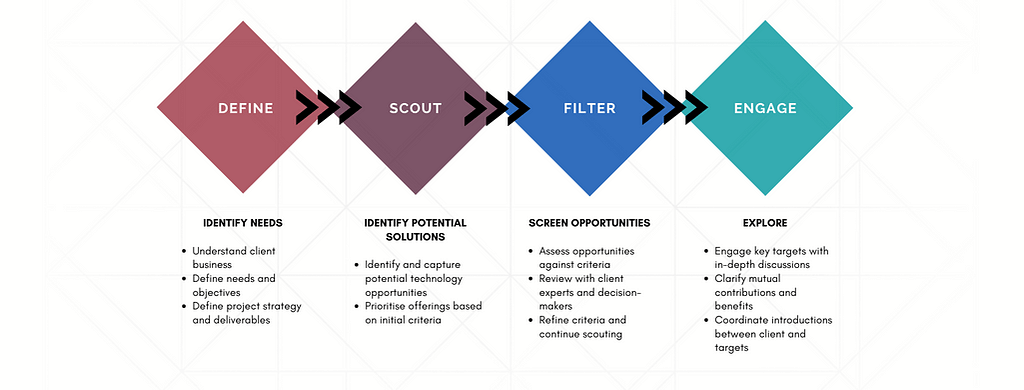Depending on your project or startup, the stage of your startup business, and the help you require, you will need to choose between an incubator or an accelerator. So, what is the difference between an incubator and an accelerator program - and which one is best suited to help my startup business
For startups, the range of funding options can be overwhelming. Do you crowdfund or get a business loan? Do you seek an Incubator and Accelerator? How do accelerators and incubators work?
Any business must have capital to grow, and also constrained by a limited amount of time and other resources to scale and grow. You want to make sure to choose the funding option that gives you access to the best connections and opportunities, but aren’t sure where to start. Spend a bit of time understanding the role of incubators and accelerators – and position your startup to get the help it needs.
Business incubators and accelerators can provide vital business mentorship and equity at a crucial stage during the establishment of the startup or to to boost growth.
Start-ups, without the relevant expertise, experience and know-how may struggle when faced with a multitude of options. We consider two primary funding options that provide these opportunities: accelerators and incubators.
Accelerators “accelerate” growth of an existing company, while incubators “incubate” disruptive ideas with the hope of building out a business model and company. So, accelerators focus on scaling a business while incubators are often more focused on innovation. Accelerator programs usually have a set timeframe in which individual companies spend anywhere from a few weeks to a few months working with a group of mentors to build out their business and avoid problems along the way. Early stage companies are typically given a small seed investment, and access to a large mentorship network, in exchange for a small amount of equity. The mentor network–typically composed of startup executives, venture capitalists, industry experts, and other outside investors–is often the biggest value for prospective companies. “The goal of the accelerator is to help a startup do roughly two years of business building in just a few months – and know where you stand at the end of the program.
Startup incubators begin with companies (or even single entrepreneurs) that may be earlier in the process and they do not operate on a set schedule. In most cases, startups accepted into incubator programs relocate to a specific geographic area to work with other companies in the incubator. Within the incubator, a company will refine its idea, build out its business plan, work on product-market fit, identify intellectual property issues, and network in the startup ecosystem. A typical incubator has shared space in a co-working environment, a month-to-month lease program, additional mentoring, and some connection to the local community.
Does your startup require help from an Incubator or Accelerator program?
Incubators for Startups
Incubators focus on early-stage companies. It helps them to develop their ideas with assistance in the form of office space, resources, mentorship, and access to experts from the startup ecosystem. In exchange for this assistance and mentorship, the investor or investing team will receive negotiate a percentage equity in the startup. There is typically no time limit for participating; each startup will progress at its own pace, until it is confident enough to operate independently.
Accelerators for Startups
The accelerator program is a more expedited process. Startups that gain acceptance into an accelerator program are looking for resources and mentorship guidance to catapult them to their next milestone. Programs last a few months (typically three) before new companies become independent again. Investors may offer up investment capital or funding and act as mentors in exchange for a negotiated percentage of equity in the new company. This percentage is generally less than what would be requested from an incubator.
What’s the process for applying for startup incubators and accelerators?
Despite the significant difference between incubator and accelerator programs, the process is usually the same if you want to apply to either one. Requirements like market conditions, the potential profitability of your idea, and other success indicators are often taken into account.
It is usually tough to get in as most programs are known to reject majority of applications that do not meet specific criteria as defined by each program.
Incubator vs. Accelerator: Which Should You Choose?
Even though they both assist startups, the difference between incubator and accelerator programs is very distinct. If you’re a startup, you need to figure what support are you looking for at this particular stage of your business.
Think carefully about what stage your business is in before deciding which route to go. If you are still working through important details such as market fit, your business model, product development, or even just the right elevator pitch, then an incubator may be the ideal option. If you’re at the minimum viable product stage, have a solid financial plan, and need expert mentorship and support on how to proceed to the next stage of your company’s growth and development, an accelerator is the suggested choice.



